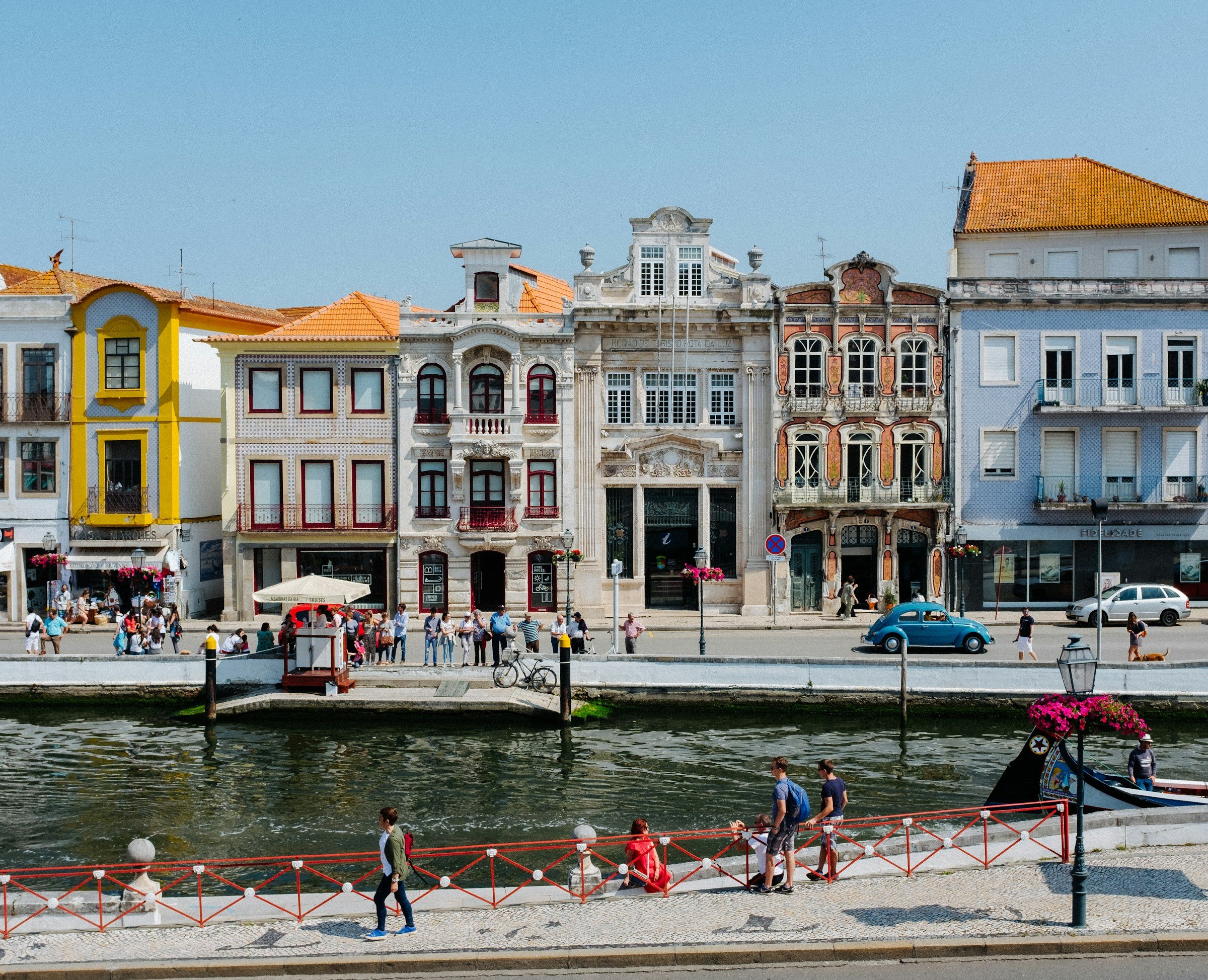Introduction:
The contributions of many ethnic communities have profoundly enhanced Canada, a country renowned for its warm welcome to immigrants. Portuguese immigrants are notable among them due to their substantial influence on Canadian society. The Portuguese have had a profound influence on Canada’s social, cultural, and economic landscape, from the early settlers who built the foundation to the prosperous communities that exist now. This site chronicles the journey of Portuguese immigrants to Canada, highlights their contributions, and celebrates their rich heritage as we examine the multifarious effects of Portuguese immigration.
The Forerunners:
Portuguese immigration to Canada dates back to the 15th and 16th century, when the first explorers crossed the North Atlantic. These brave explorers, who included names like Gaspar Corte-Real and João Fernandes Lavrador, mapped coasts, discovered unexplored territory, and built early trading relationships with Indigenous peoples. Although they were unable to establish long-term settlements, their efforts prepared the stage for later Portuguese exploration and colonisation.
Portuguese immigrants did not start to arrive in large numbers in Canada until the late 19th and early 20th centuries, when they were lured by the prospect of economic opportunity and a better life. Numerous of them made their home in fishing villages along the Atlantic coast, where they helped to expand the fishing sector in Canada. Others were employed in the building of a developing country’s infrastructure in sectors including mining, forestry, and construction.
The Portuguese immigrants had many difficulties when attempting to make a name for themselves in a foreign country. Among the difficulties they faced were discrimination, linguistic limitations, and cultural differences. But they overcome these challenges and created prosperous towns all over Canada with a strong sense of community, tenacity, and hard work.
Financial Inputs:
The economic contributions of Portuguese immigrants to Canada have been among their most notable effects. Portuguese Canadians have contributed to economic growth, innovation, and job creation across a wide range of industries and sectors, from the fishing villages of Newfoundland to the booming cities of Toronto and Vancouver.
Portuguese Canadians made significant contributions to the growth of Canada’s Atlantic fisheries in the fishing industry. They contributed to the sustainable exploitation of the plentiful seafood resources off the coasts of Newfoundland, Nova Scotia, and New Brunswick by bringing with them centuries-old fishing methods and customs. Many Portuguese Canadian families are still running prosperous fishing operations today, selling fresh seafood to markets in Canada and abroad.
Portuguese Canadians have made substantial contributions to the building, manufacturing, transportation, and agricultural industries in addition to fishing. Small family-run enterprises to massive international corporations have been founded by entrepreneurs, fostering economic growth and job possibilities in local communities all throughout the nation.
Enhancement of Culture:
Portuguese immigrants have enhanced Canadian society through their diverse culture, customs, and traditions, in addition to their economic contributions. Portuguese immigrants have had a profound cultural impact on Canada, contributing depth, diversity, and richness to the nation’s multicultural fabric through their contributions to everything from dance and music to literature and food.
Portuguese Canadians have made major contributions to the arts in the fields of music, theatre, visual arts, and writing. While artists like Vitor Lages and João Charters de Almeida have garnered renown for their evocative paintings and sculptures, writers like A.F. Moritz and Anthony de Sa have examined questions of identity, migration, and belonging in their writings.
Portuguese bakeries, cafes, and restaurants are growing in Canadian cities and towns as a result of the rising popularity of Portuguese food there. People from all walks of life adore dishes like pastéis de nata (custard tarts), bacalhau (salt cod), and caldo verde (kale soup), which have become beloved Canadian classics.
Building Communities:
The strong sense of community and solidarity that Portuguese immigrants in Canada have built is perhaps their most enduring legacy. Portuguese Canadians have united from coast to coast in order to help one another, protect their cultural heritage, and create better futures for themselves and their families.
In order to foster cultural understanding and interchange among Portuguese Canadians, community organisations, cultural centres, and social groups are essential. Portuguese Canadians can celebrate their history, share customs, and reinforce friendships and alliances through activities like football tournaments, folklore shows, and Portugal Week events.
Pioneers Gallery Canada, a museum devoted to conserving the tales and relics of the country’s early Portuguese settlers, is one such establishment. The exhibition, housed in a historic Toronto building, offers important insights into Canada’s Portuguese legacy by showcasing the achievements, hardships, and accomplishments of Portuguese pioneers.
Gazing Forward:
Portugal’s contributions to Canada’s social, cultural, and economic fabric will always be essential as long as the nation embraces its multiculturalism. Through embracing variety, cultivating inclusiveness, and advancing intercultural understanding, Canada can create a more dynamic, resilient, and affluent society for coming generations.
In conclusion, the influence of Portuguese immigrants in Canada is evidence of the nation’s tenacity, inventiveness, and sense of cohesion. Portuguese Canadians have made a lasting contribution to society that will be felt for many years to come, from the early settlers who dared to venture into the unknown to the vibrant communities that exist today. Let’s honour the great diversity of Canada’s cultural mosaic while we consider their contributions and work to create a more welcoming and peaceful society for all.

